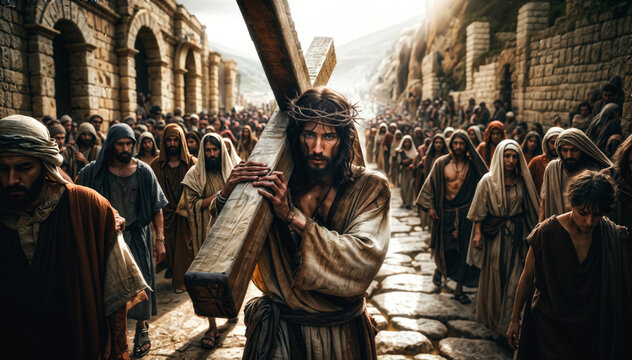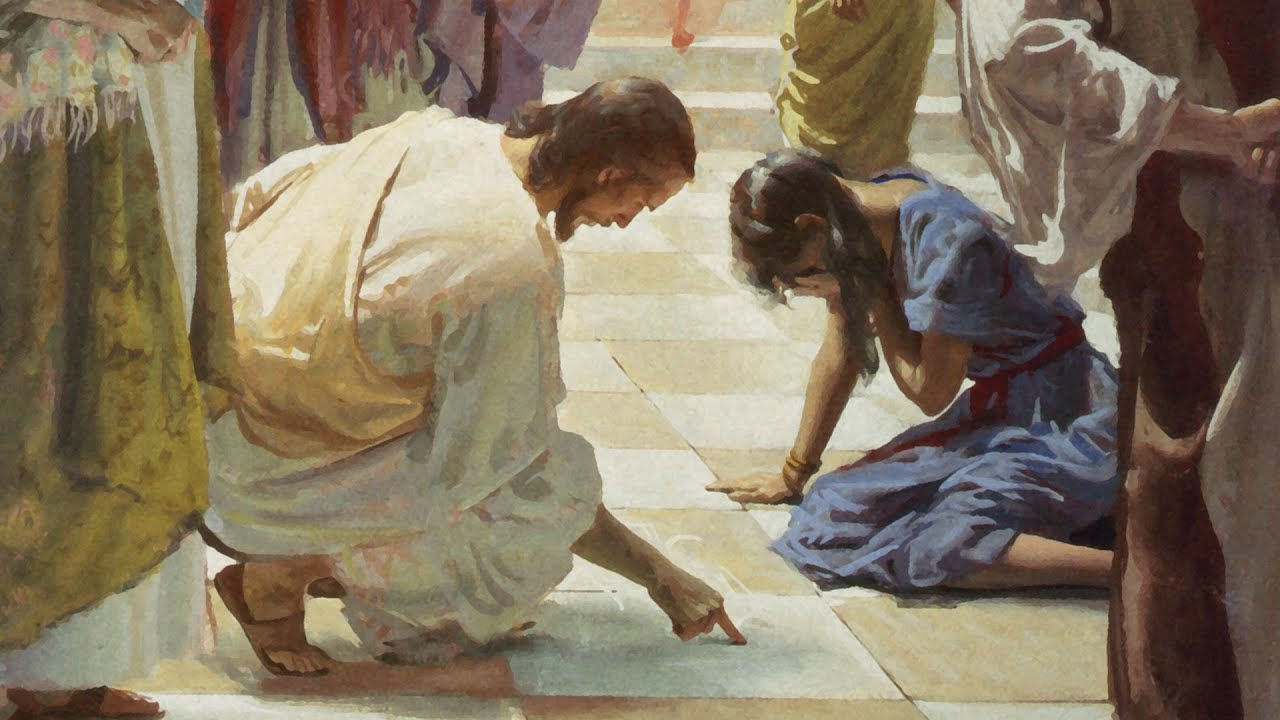Misery And Frustration Meet Divine Favor And Mercy
Rev. Marcel Divine Emeka Okwara, CSsR
Homily for the Third Sunday of Easter, Year C
Church of St. Bridget of Minneapolis, MN
Sunday, May 4, 2025
In previous homilies this Easter season, I said while preaching that long before the advent of Christianity in Africa, Africans were already religious. From the ancient time to the present day, Africans view much of their lives and activities through the lens of religion. In time past, the idea of atheism or agnosticism was largely alien to Africans. Now, if Africans had been religious long before Christianity made its entrance in the African soil, what then made millions of Africans to convert to Christianity? Among other reasons, it is what I call the “good news-ness” of Christianity. Whenever and wherever the message of Jesus Christ is preached and presented as good news, people convert, people are drawn and gravitated towards it. As I was coming of age, I witnessed this massive religious paradigm shift. People who, for centuries believed they could relate and made contact with the Supreme Being through lesser deities and ancestors and divinities, began to convert and gave their lives to Jesus Christ. People are drawn to Jesus Christ because of his distinctive uniqueness. Unlike Africans gods whose justice was swift, lethal and dangerous, Jesus is patient, kind and merciful. Unlike the African gods who require animal sacrifice to appease and be calmed, the biblical God requires nothing but a contrite heart. Unlike the African gods who in some cases request from their adherents the blood of innocents in order to temper justice with mercy, the biblical God through Jesus Christ offered the once and for all sacrifice with his life. The God of the Bible is described all over the Bible as being “gracious and merciful, slow to anger and rich in mercy” (Psalm 145:8). Our God is indeed the God of second chance. Africans gods, much like the Greek gods, Roman gods and other demonic spirits worshipped by people across the ages, were feared by their adherents. You don’t mess with them. You don’t offend them. You don’t betray them. You don’t deny them. You don’t undermine them and continue to live. To do any of that, you must hide yourself under a superior god. Africans can see that the God of the Bible, even though he is all powerful, he is also all merciful. He does not dominate his people. As Africans get to know about the God of Jesus Christ, they convert to him in droves.
The very idea of the God of the Bible being very slow to anger and being rich in mercy is on full display in our Gospel passage for this weekend. The disciples of Jesus, for three years, have given their whole lives to him. They have seen him crucified on the cross. They have seen him risen from the dead and had appeared to them twice after his Resurrection. So what do they do now? What comes next? What should they do? They have no idea. The only thing they can think of is to return to their old life as if nothing had happened. They have managed to overcome the initial fear of the Jews coming after them. Not knowing what to do next, Peter said, “Well, I am going fishing.” The other disciples with him said, “We will also come with you.” With that, they went back to their old trade of fishing. Did they catch any fish? John said “that night they caught nothing.” What happened? Maybe they have lost the cutting edge of fishing. By morning, as they were getting ready to go home in disappointment, Divine Favor shows up; Divine Mercy shows up; the Game-changer shows up! When all your efforts and hard work fail you, may Divine Favor, Divine Mercy, the Game-changer locate you, show up for you and turn things around. I pray that Divine Mercy will confront all your misery and turn your sorrow into joy and laughter. Amen. But you must listen to what he tells you to do. To his disciples, Jesus said, “Cast the net over the right side of the boat and you will find something.” You know, Peter and his fellows could have protested and questioned, “Who is this stranger telling us what to do as if we are neophytes to this business?” They could have ignored him, washed themselves and gone home. Instead they obeyed. We all want Divine Favor to locate us and change things for us, but we must be willing to listen and do what God tells us to do. Sometimes you might be told to do something you had done previously that didn’t work out. It might also mean you doing something that is totally new. The disciples may have wondered why they should do what they had done all night and caught nothing. But in the end, they obeyed the voice of that Stranger, which happened to be the Risen Lord. And mark this point—when Jesus was speaking to these seven disciples, they did not initially recognize him. They only recognized him later by what he did. May the people of the world recognize us as Christians by what we do, and not merely by our religious talks.
In this encounter, in this final appearance of the Risen Lord to his disciples in John’s Gospel, Jesus feeds them. He serves them breakfast. After their breakfast, Jesus asks Peter three times, “Do you love me?” At the Last Supper, Peter had said to Jesus that he loved him more than any of the other Apostles did. Then, the very next day, at the moment of truth, he denied knowing Jesus three times. He ran away from the scene and left only John to stay with Jesus and his Mother Mary to the end. In this post-Resurrection appearance, Jesus uses Peter’s own words to remind him of his rash and self-righteous promise. Twice, Jesus asked Peter whether he had agape (a total self-giving love), and twice Peter replied he only had philia: I love you like a friend. That kind of love is good, but it is only a human love and not the divine and supernatural love that Jesus exemplifies and demands from us. In his final question to Peter, Jesus comes down to Peter’s level of love and asks whether he really has philia. At this time, Peter became upset because he thinks Jesus is doubting his love of friendship. After drawing out from Peter this threefold confession to undo Peter’s threefold denial during Jesus’ trial, Jesus makes a predictive prophecy that Peter will attain the highest degree of love— agape. In other words, Jesus prophesies Peter’s martyrdom. Peter will die in the same way as Jesus. He will die a martyr, out of agape, the highest degree of love. Peter was crucified in Rome, and he asked to be crucified upside down because he said he was not worthy to be crucified with his head up, like the Lord. To each of us Jesus is asking, “Do you love me more than these?” What are these? Your projects, priorities, profession, special interests, families, friends, entertainment, politics, nation, ethnicity etc. Do you love Jesus more than everything? If yes is the answer, the Lord now says, “Show me!”








